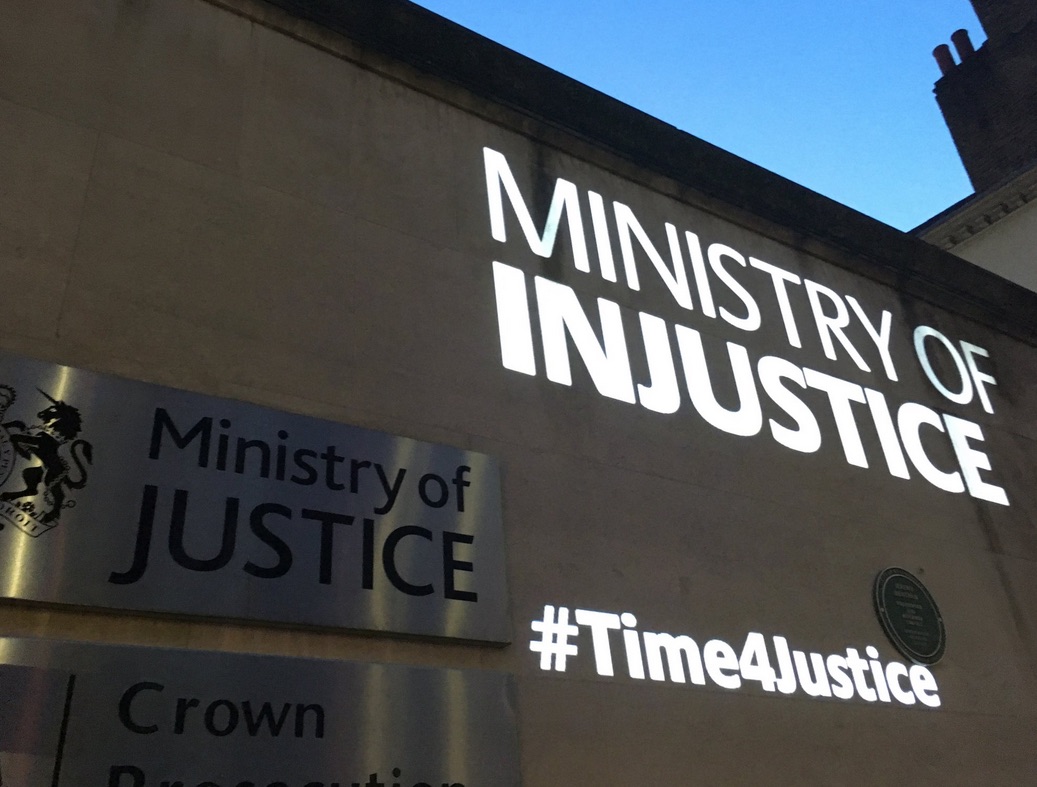‘Justice’ was ranked by the public as important as either ‘health’ or ‘education’, according to new research. According to a survey commissioned by the Law Society, Bar Society and the Chartered Institute for Legal Executives as part of Justice Week, a new initiative aimed at increasing the profile of justice and the rule of law.
The survey of more than 2,000 people found that more than three quarters (78%) of the respondents agreed with the statement ‘Justice is just as important as health or education’. However, only a fifth % felt that there was adequate funding for those who require legal advice.
According the Law Society, the survey results indicate that ‘policies to slash Ministry of Justice and legal aid budgets’, not least the LASPO (Legal Aid Sentencing and Punishment of Offenders Act 2012) cuts which removed public funding for most areas of social welfare law and family, were ‘out of step with public opinion’.
The survey also identified a common perception that the current judicial system is more favourable to the wealthy. More than six out of 10 respondents agreed that it was more likely people on low incomes would be convicted of crimes than wealthy people. The president of Chartered Institute for Legal Executives, Philip Sherwood, commented that whilst these findings are not altogether surprising, such perceptions were ‘extremely dangerous and undermines the rule of law’.
Only a small minority of respondents (13%) supported the notion that the state should not pay people’s legal expenses if they are accused of an offence that could lead to jail time. More than half of respondents said that they would not feel comfortable dealing with a range of legal issues without a lawyer. ‘We do not leave the ill to treat themselves, so nor should we expect people to deal with legal problems and disputes without expert legal help if they cannot afford it,’ said the chair of the Bar Council, Andrew Walker.
Justice Week starts today. More here.







